By Dr. Keith A. Briggs – Wed Jan 4, 2008
Saugus – Allergic disease is common among athletes and the general public. Allergic disease can be debilitating for athletes, because they may compromise upper airway and pulmonary function, therefore, decreasing performance. One of the most common forms of allergen related disease is asthma.
Asthma is characterized by reversible airway obstruction in response to a trigger, such as an allergen, respiratory irritant, or exercise. The prevalence of Asthma has increased in recent years. According to Weiler 20 percent of summer Olympic athletes in 1996 had asthma compared to 11 percent in 1984. For those whom experience Asthma following exercise represents a mild form, while airway obstruction triggered by multiple factors with more persistent symptoms indicates more severe disease. Typical signs and symptoms include a minimally productive or non-productive cough, wheezing, shortness of breath, chest pain or tightness, and an inability to take a deep breath.
Non-pharmacological treatment includes avoiding allergens, respiratory irritants and other triggers. To avoid seasonal allergens an athlete can limit outdoor training during certain times of the year or wear a filter mask. Tree pollens usually cause problems in the spring and grasses produce allergens in the summer. Weed pollens seem to be elevated in the fall. Pollen levels drop after rainfall offering an opportunity for outdoor training. Also try to limit indoor allergens including molds by covering all pillows and mattresses with a barrier.
People with exercise-induced asthma should breathe through the nose rather than the mouth and avoid cold, dry, or polluted air as much as possible. In addition, many athletes with EIA (exercise- induced asthma) could try inducing symptoms and then recover prior to completion which can often times result in a refractory period lasting up to three hours.
Also frequent coughing may result in tightness in the mid back and accessory muscles involved in respiration. This may complicate the respiratory condition and also contribute to upper or mid back pain.
Reducing tension in this region can have a positive impact on overall function.
For questions, contact Dr. Keith A. Briggs at Briggs Chiropractic and Physical Therapy located at 320 Central Street, Saugus, MA at 781-233-4122.
Click on the link below to read the newspaper article by Dr. Briggs.
Wicked Local Saugus –
What can I do about my allergies or asthma
